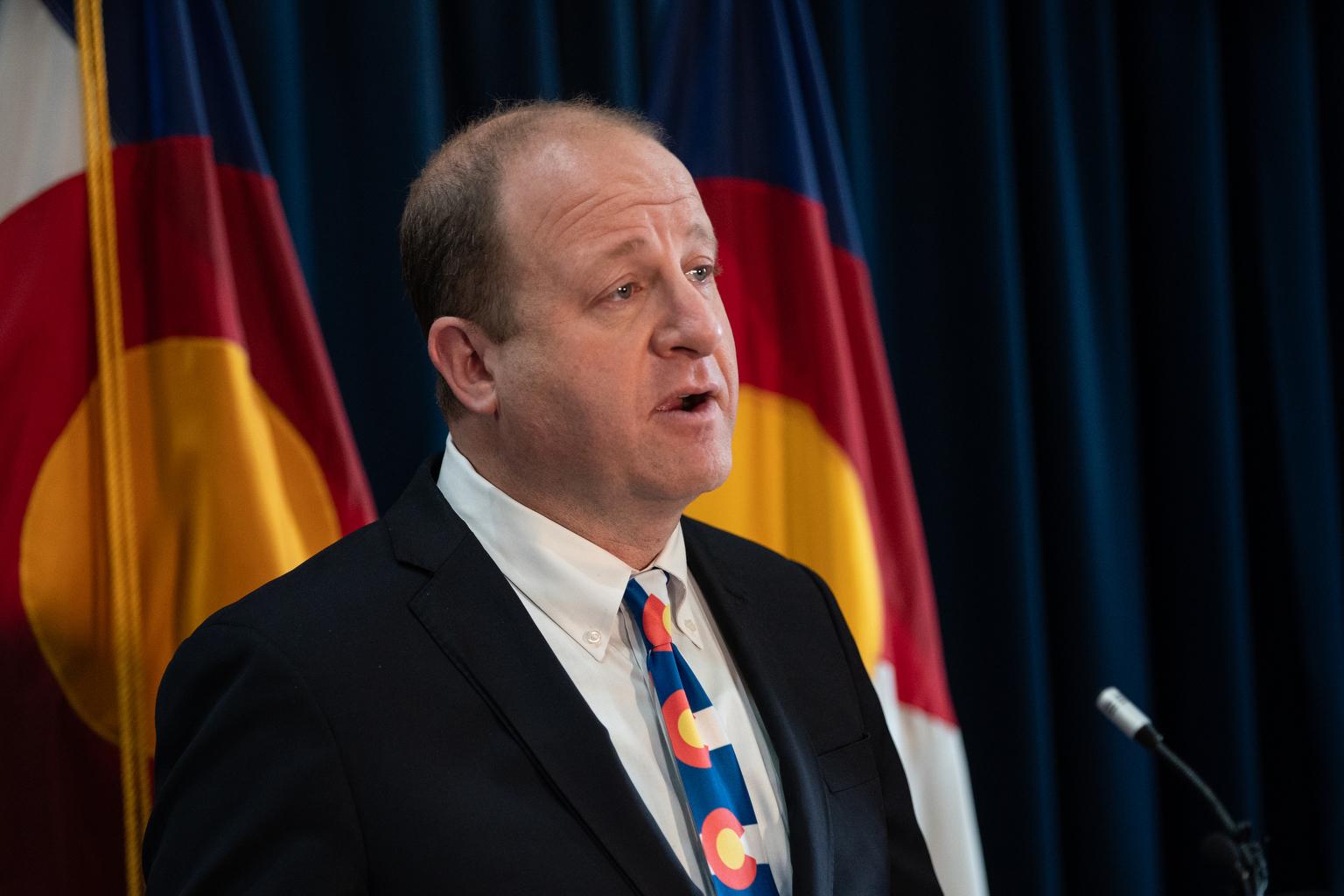
Colorado’s economy is still growing, but uncertain conditions and rising costs means that lawmakers have little room to expand government services.
“Our forecast anticipates continued growth, albeit slow growth,” said Louis Pino, an economist for Legislative Council Services, during a quarterly update on Tuesday before the Joint Budget Committee.
Economic expansion usually means more dollars for the state’s general fund — but that money’s already being eaten up by the growing demands on the budget, as well as the limits set by the Taxpayer’s Bill of Rights.
“We expect those revenue increases to not make up for the budgetary pressures that arise from inflation and population growth,” said Greg Sobetski, chief economist for LCS.
The forecasters also made predictions about TABOR refunds over the next few years. The state is unlikely to repeat the record-high refund checks of the previous fiscal year, which were driven by a large budget surplus.
That record-high surplus led to $3.7 billion in TABOR refunds, paid out in the form of $750 “Colorado Cashback” checks during the summer, as well as smaller refunds that are going out as people pay their taxes this year.
“We had the largest tabor surplus the state has ever collected,” Sobetski said.
But the pot of refund money for the current fiscal period is expected to total less than $2.8 billion, CLS forecasted. That would mean refund checks next year for individuals ranging from $480 to about $1,500. (The state legislature passed a law last year to send everyone checks in the same amount, but without similar action this year, the next checks will be based on income, with higher income earners getting larger refunds.).
Future years’ refunds are expected to shrink further still. The shrinkage is due in part to the TABOR formula, which allows the state government to keep more revenue when inflation is high. A recent voter-approved tax cut also means the state will collect less money.
A forecast prepared by Gov. Jared Polis’ administration made similar overall predictions, but with lower predictions for state revenues.
Worries for the future
Meanwhile, government forecasters are looking at the larger economic picture with some concern. A recession may still strike, they said, and they’re watching for fallout from the recent collapse of two regional U.S. banks and instability at Credit Suisse.
For now, the “contagion” of the collapses is expected to be limited because of swift federal action, said Bryce Cooke, chief economist for the Governor’s Office. But that could change, he cautioned.
“If those bank runs start to increase more and more and cracks in available liquidity start to rise, there could be trouble for the overall U.S. economy.”
For now, the job market is expected to remain strong in Colorado. Unemployment could even edge down from 3 percent in 2022 to 2.9 percent in 2023, according to the CLS forecast. There are more than two open jobs for every officially unemployed person, reflecting a market that is hotter than the national average. That will likely contribute to continued growth in workers’ wages.
Colorado’s economy also may be insulated from some of the threat of a national downturn, Cooke said, thanks to overall stronger household finances and the state’s high number of service-industry businesses, which are faring better lately.
At the same time, though, many households have burned through the savings that they stockpiled during the pandemic, when the federal government provided large benefit checks. With the savings rate declining, more Coloradans are turning to credit cards to pay for bills and purchases.
Credit card debt has “accelerated, and now we’re above the pre-pandemic trends already,” Cooke said. Younger buyers are facing delinquencies at even higher rates than they did before the pandemic. That could lead to declines in consumer spending, slowing economic growth.
“When we reach the end of this year, what will the spending patterns continue to look like?” Cooke said. The prediction, for now, is that they’ll decline.
Other significant risks to the economy include the fallout of the Federal Reserve’s attempt to slow inflation by raising interest rates; the ongoing war in Ukraine; tensions with China; and the coming Congressional fight over the nation’s debt limit.
If a recession does happen sometime soon, it could bring serious cuts to state government. The recessions of 2001 and 2008 both led to roughly 17-percent drops in general fund revenue. While Colorado has stockpiled a larger reserve in recent years, another drop on that scale could still leave the state facing a $1 billion budget deficit.









